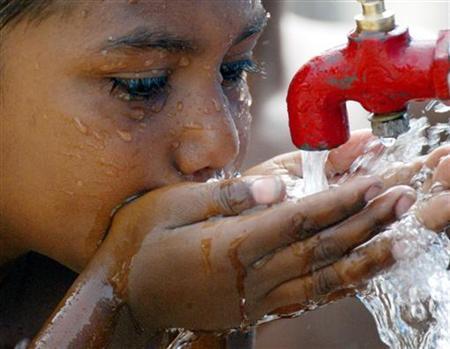
This was stated by Dr Daanish Mustafa, reader in the Department of Geography at King’s College London while delivering a lecture on Hydro-hazardscapes of Climate Change in Pakistan organised by the Sustainable Development Policy Institute (SDPI) on Wednesday.
He added that water issues in Pakistan’s context cannot be seen in isolation, but have to be dealt with while considering their economic, political and cultural aspects.
Contrary to the popular view of mitigating climate change and its impact, Dr Mustafa was of the view that this was not the correct strategy. Instead, he suggested that immediate issues of the people should be addressed, including contemporary problems which the people were facing in the country such as water scarcity.
He pointed out that groundwater in the lower reaches of the Indus Basin was salty and hence unusable for most of the purposes. Moreover, the water table was dropping in some areas to such an extent that plants can no longer grow in the soil.
Noting that people in the saline groundwater zone were facing an urgent problem, Dr Mustafa said that small farmers were bearing most of the brunt of water scarcity.
He said that most of these farmers had to buy their inputs on credit, but owing to poor harvests from low water tables and high salinity, there were often unable to repay their debts.
“This phenomenon is contributing to an urbanisation rate which is higher than anywhere else in South Asia,” he explained.
He added that the debate on water issues in Pakistan had become a source of mistrust between the people from different provinces. Keeping in view their extreme positions, it was really hard to converge their opinions while finding the solutions to their water problems.
While the real water and security challenges were substantial, the cultural and social capital realised through water must not be underestimated, he concluded.
1718870162-0/BeFunky-collage-(60)1718870162-0-405x300.webp)
1730504285-0/Martha-(1)1730504285-0-165x106.webp)



1732340798-0/BeFunk_§_]__-(35)1732340798-0.jpg)











COMMENTS
Comments are moderated and generally will be posted if they are on-topic and not abusive.
For more information, please see our Comments FAQ